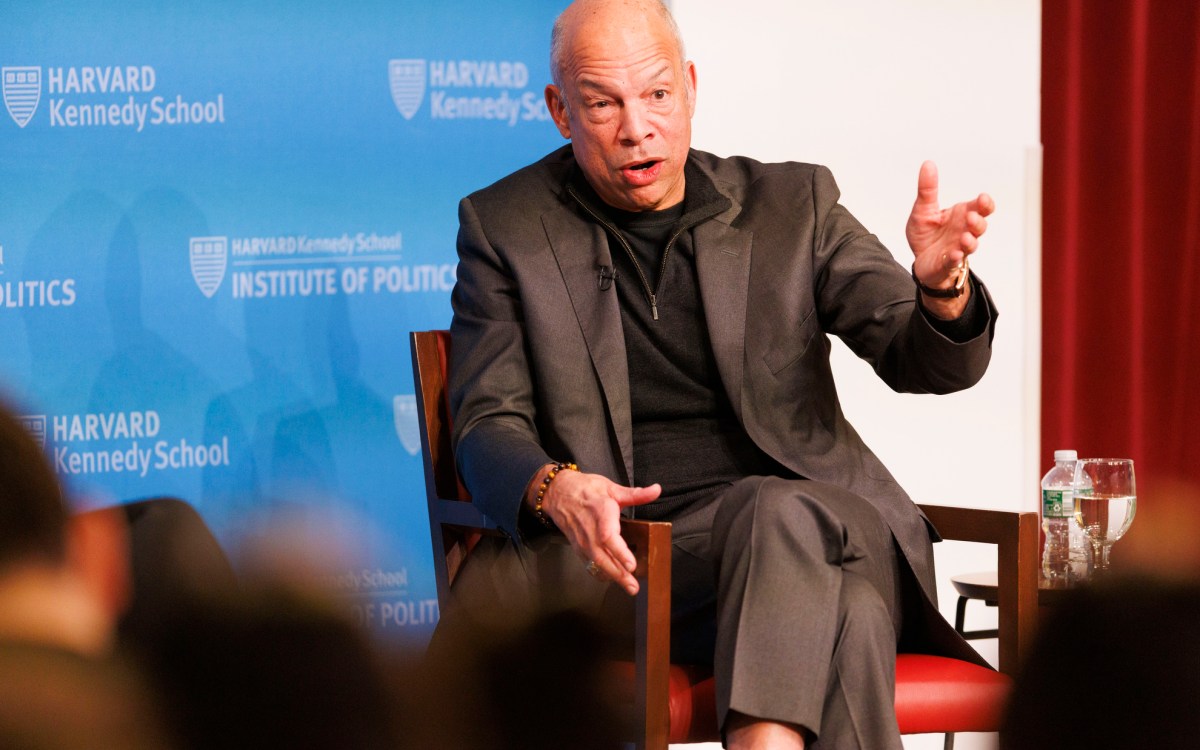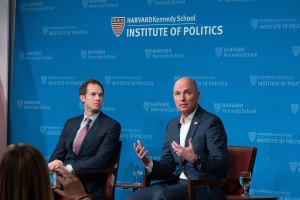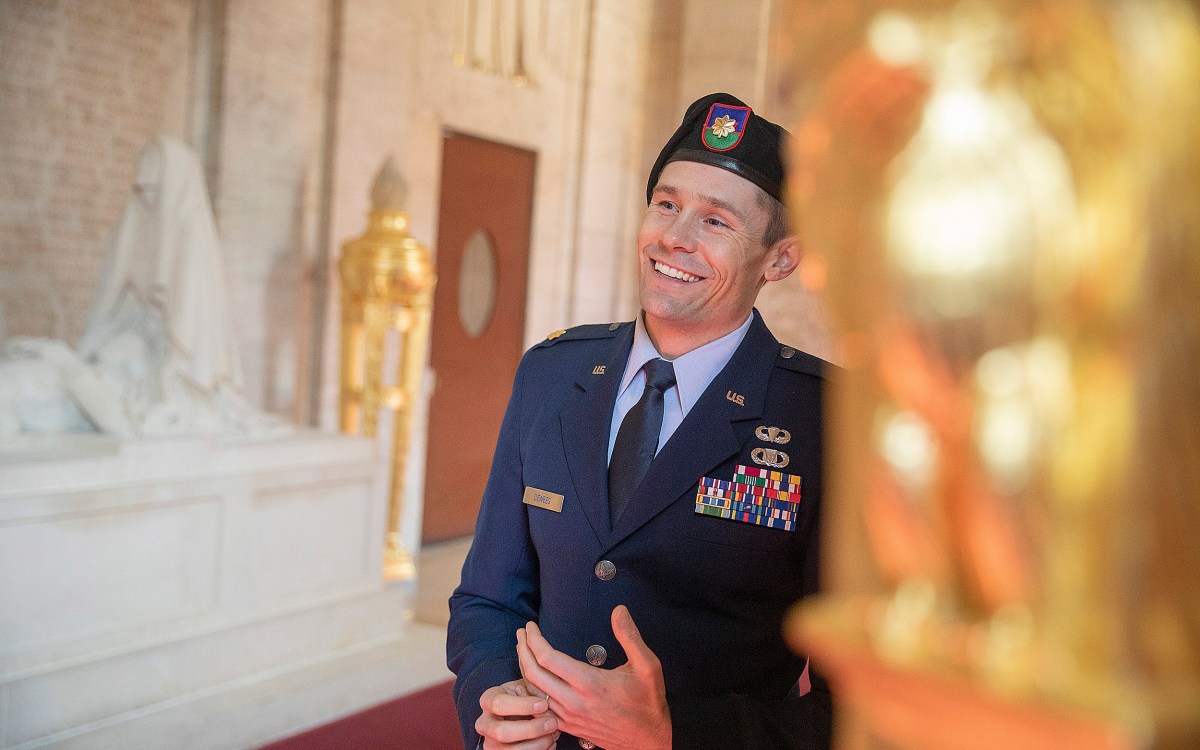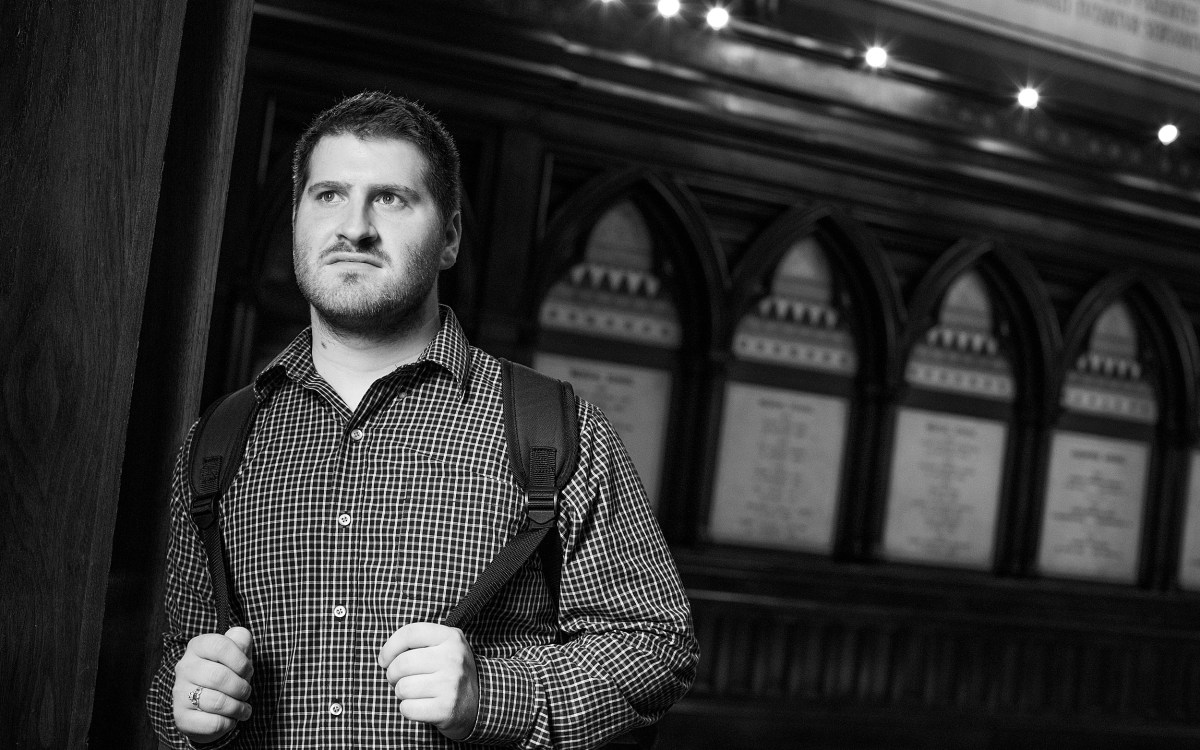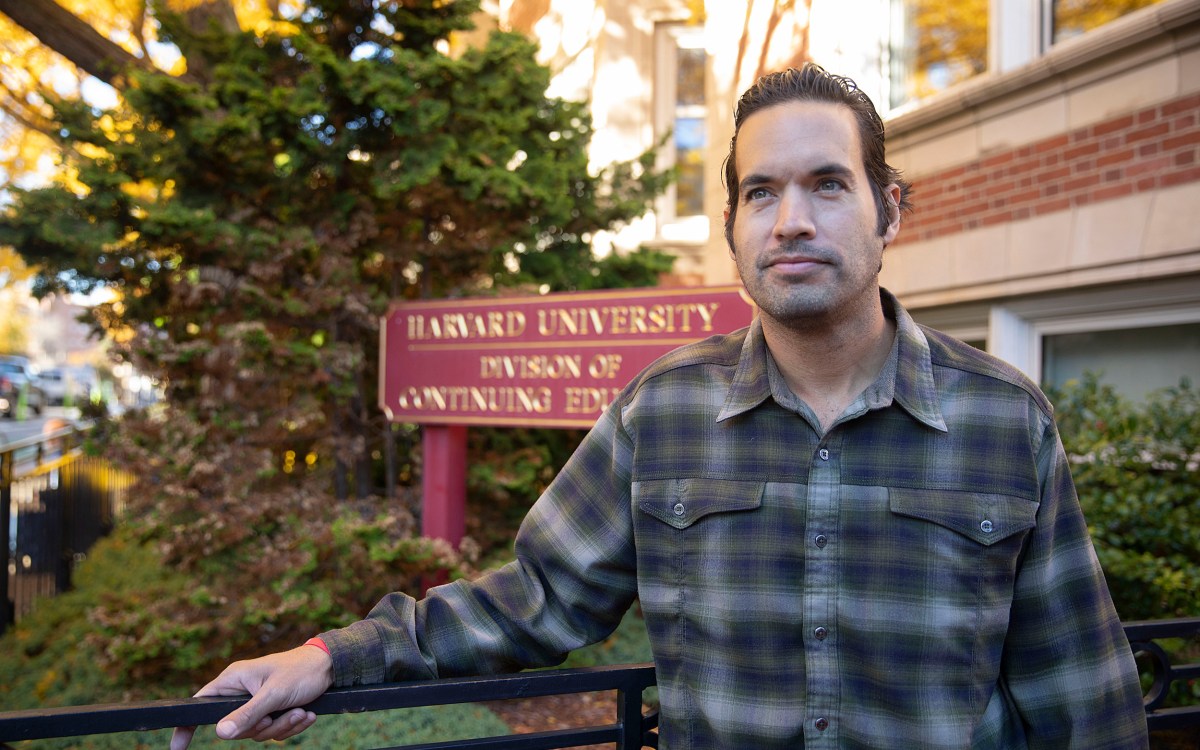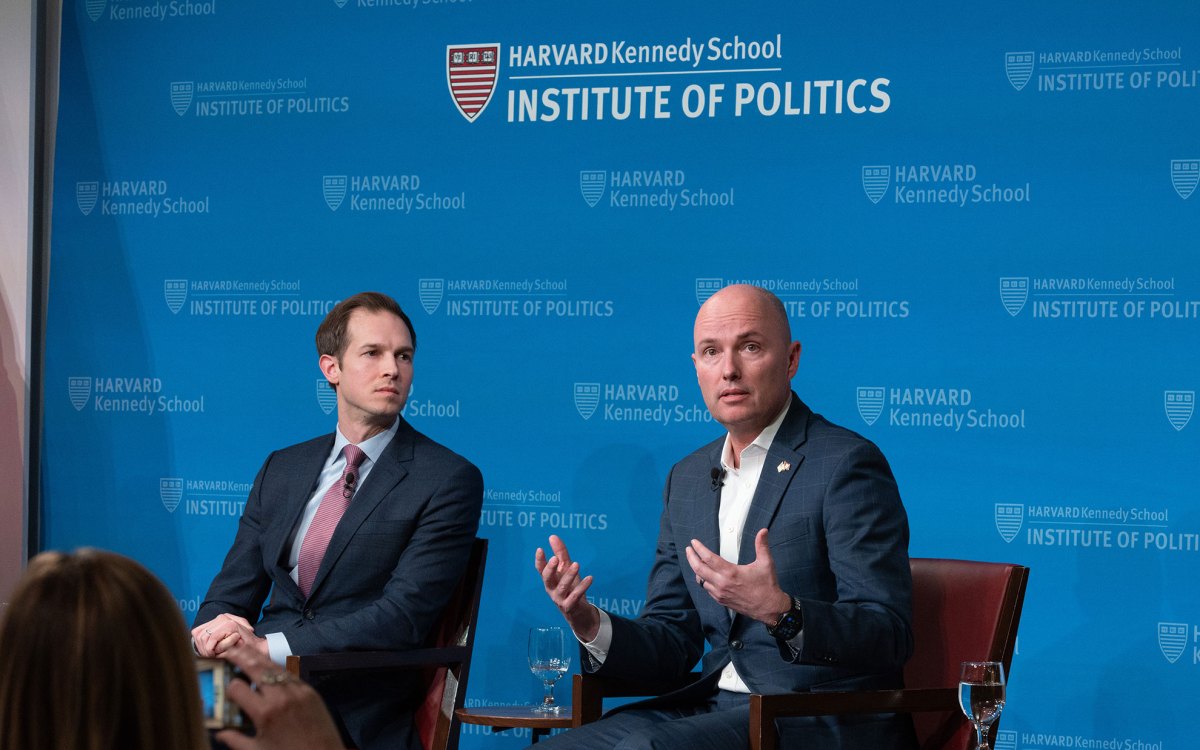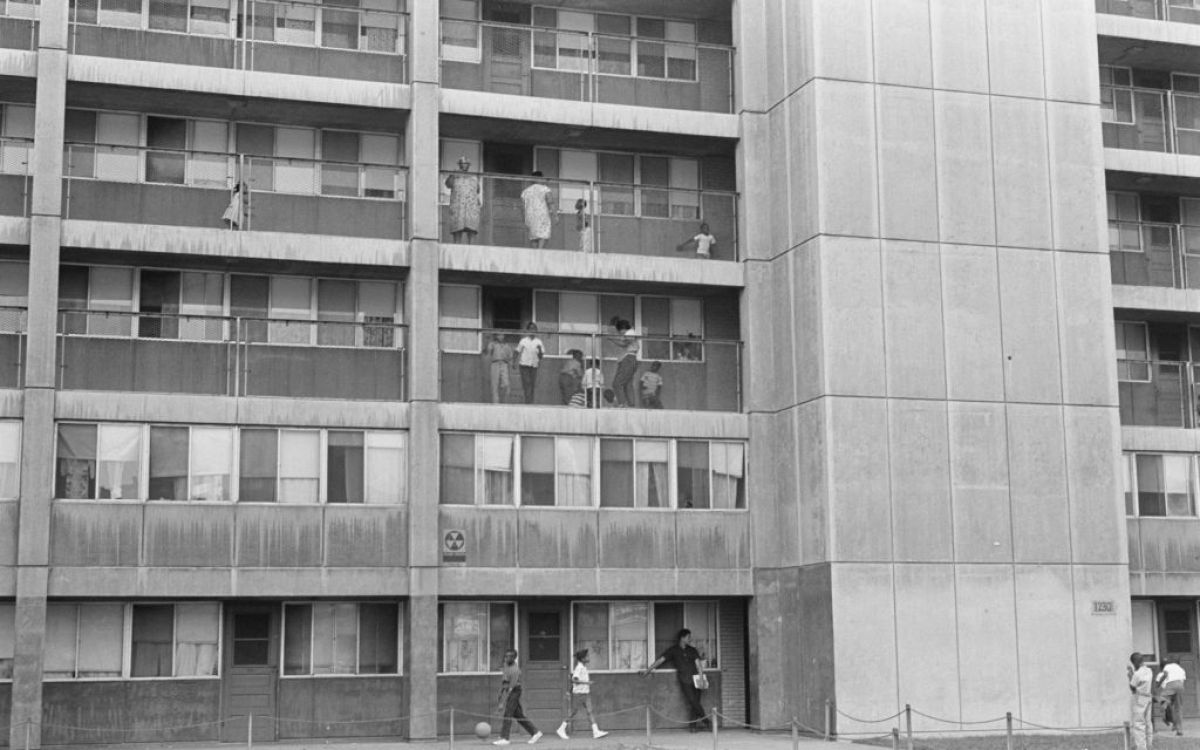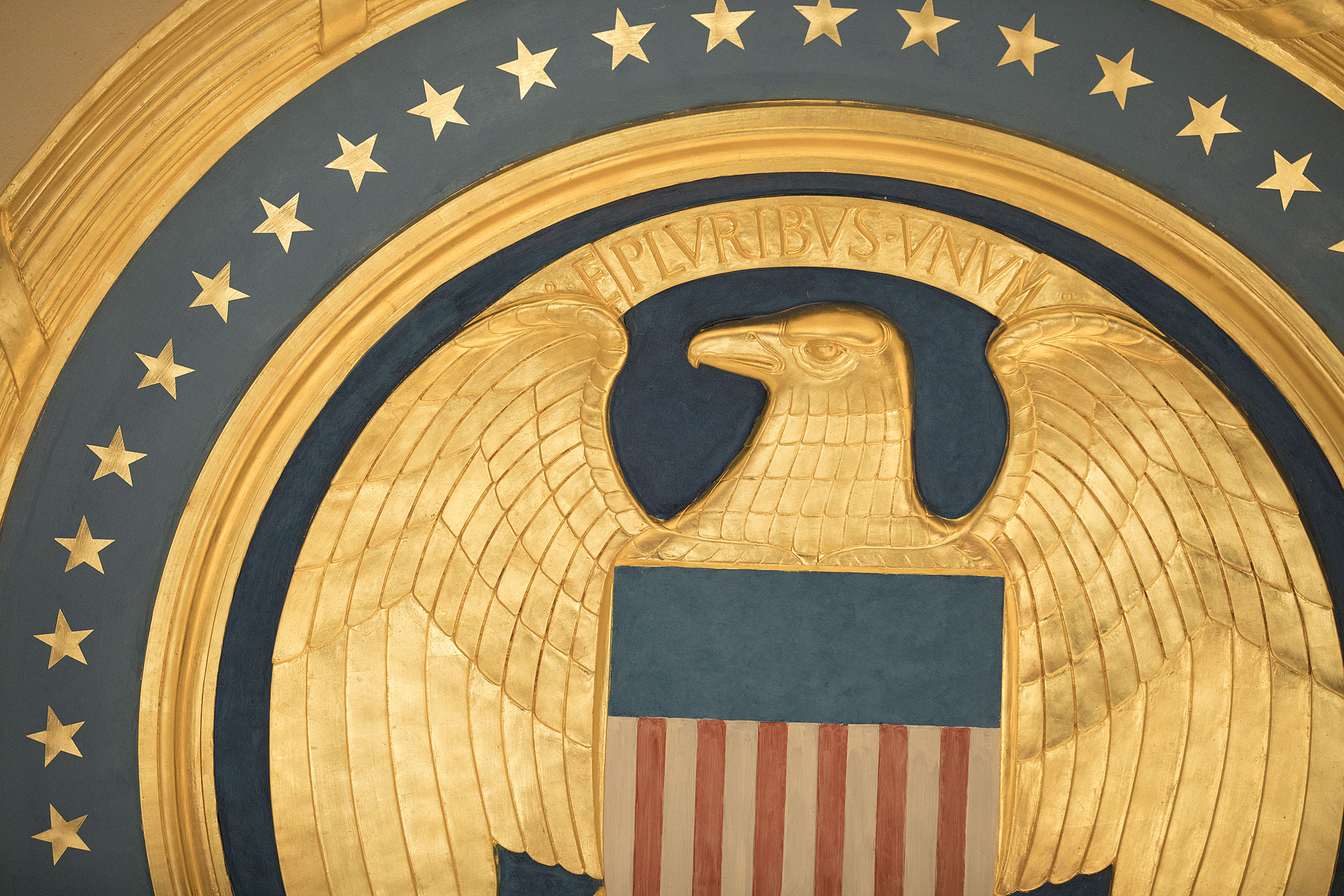
Report by Belfer Center’s Future of Diplomacy Project says revamped U.S. diplomatic service should be less politicized, more professional, more diverse.
Kris Snibbe/Harvard Staff Photographer
Upgrading the State Department
Veteran diplomats call for overhaul of U.S. Foreign Service
Former senior U.S. State Department officials are calling for the first comprehensive overhaul of the U.S. Foreign Service in 40 years, arguing in a new report that the nation’s diplomatic corps needs to be less politicized, more professional, and nimbler in order to confront “one of the most profound crises in its long and proud history.”
The report issued Tuesday by the Future of Diplomacy Project at Harvard Kennedy School’s Belfer Center for Science and International Affairs offered a set of 10 detailed recommendations to position the Foreign Service of the United States to handle 21st century challenges.
The report’s authors include Nicholas Burns, the Roy and Barbara Goodman Family Professor of the Practice of Diplomacy and International Relations, who is the faculty chair of the Future of Diplomacy Project. As a career diplomat, Burns rose to under secretary of state for political affairs. His co-authors were career diplomats Marc Grossman, a former Fisher Family Fellow at the Kennedy School who also served in that role, and Marcie Ries, a Future of Diplomacy Project senior fellow who spent 37 years in diplomatic service and is a senior adviser to the Foreign Service Institute.
Among their recommendations, the authors urge the incoming Biden administration and the U.S. Congress to curb the practice of appointing political supporters as ambassadors and senior officials in the State Department rather than career professionals. The report notes that not one of the 23 current Senate-confirmed assistant secretaries of state is a career official, “which is unprecedented in the modern history of the State Department.”
Instead, the authors say the next administration should commit to appointing career professionals to 75 percent of those assistant secretary positions, and that career diplomats should hold 90 percent of all ambassadorial positions, up from an average of just 70 percent in recent decades.
At an online event to announce the findings, Burns said the U.S. military and U.S. intelligence agencies have no such tradition of appointing political figures to such senior positions.
“Can you imagine if we so politicized the military? The officer corps? We wouldn’t think of having a political appointee captain an aircraft carrier,” Burns told an audience of about 250 people, including many current and former diplomats who had participated in 40 working group sessions over the past year to gather ideas for the report.
The authors urged Congress and President-elect Joe Biden to commit to a bipartisan effort to draft a new Foreign Service Act to codify the changes in law for the first time since the Foreign Service Act of 1980. They said dramatic changes in the world since then, not least advances in technology such as artificial intelligence, demand a better-trained and higher-skilled diplomatic corps freed from the constraints of an antiquated personnel system.
To that end, the new law should authorize and fund a 15 percent increase in foreign service officer personnel or an additional 2,000 officers, to create a “training float” like that maintained by the U.S. military to allow for intensive training for a portion of the career staff at any one time. Ries called for a “career-long commitment to education” for foreign service officers that would be closer to the approach of the U.S. military and intelligence branches — both of which have gone through overhauls like the one the authors now urge for the diplomatic corps.
Burns recalled that former Secretary of State Colin Powell often said that he had spent about seven years of his 35-year military career in training programs, whereas Burns said he had had just a few months of training during his diplomatic career, which included a stint as U.S. ambassador to NATO.
The foreign service also needs to embrace a flatter structure at the State Department, more innovation, and more tolerance for risk-taking, the authors said. In addition, the service requires a formal commitment to drive a drastic increase in diversity that puts more African Americans, Latinos, and women in ambassador-level positions.
To reflect the envisioned changes in culture and learning, the authors argue that the name should change from the current Foreign Service of the United States.
“A name that begins with the term ‘foreign’ and ends with the ‘United States’ is the reverse of how we should view America’s diplomats,” the report said.
Instead, the authors say they encountered near universal support for a proposed new name: the “United States Diplomatic Service.”
